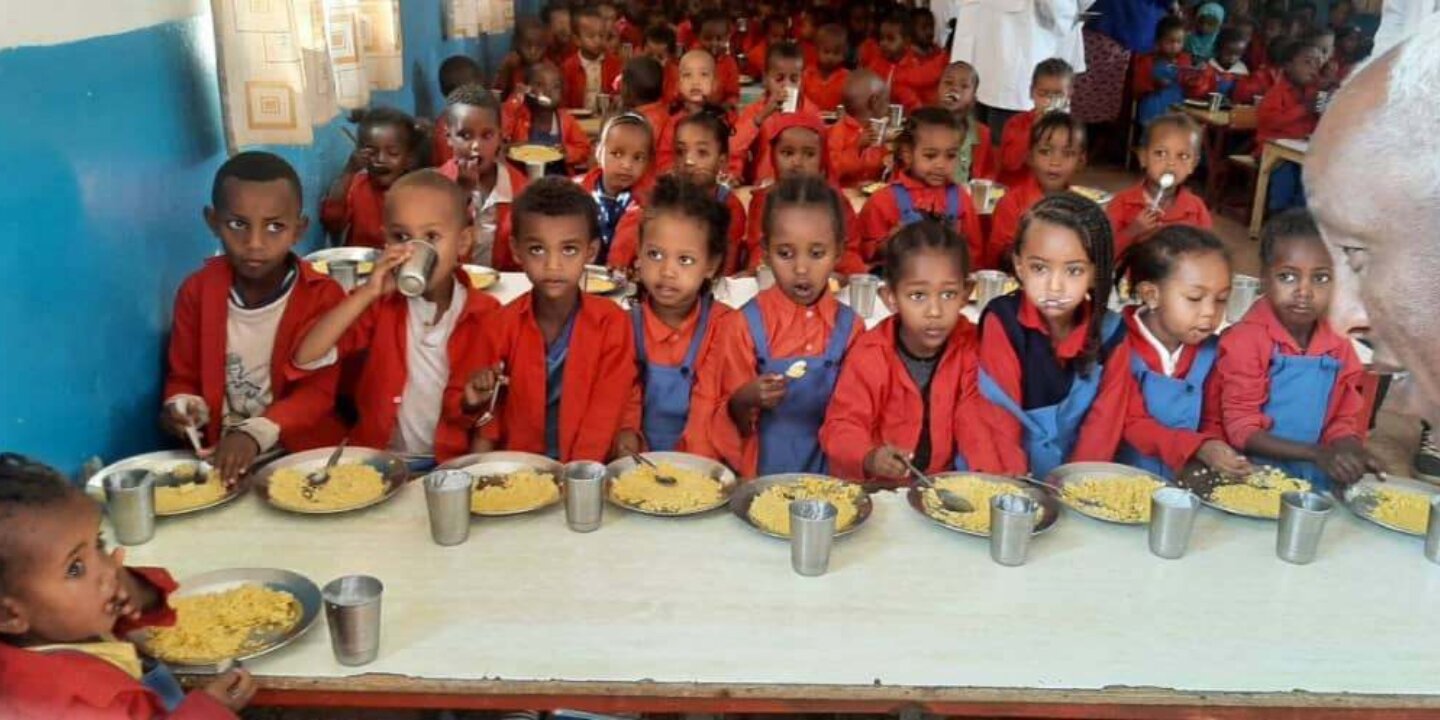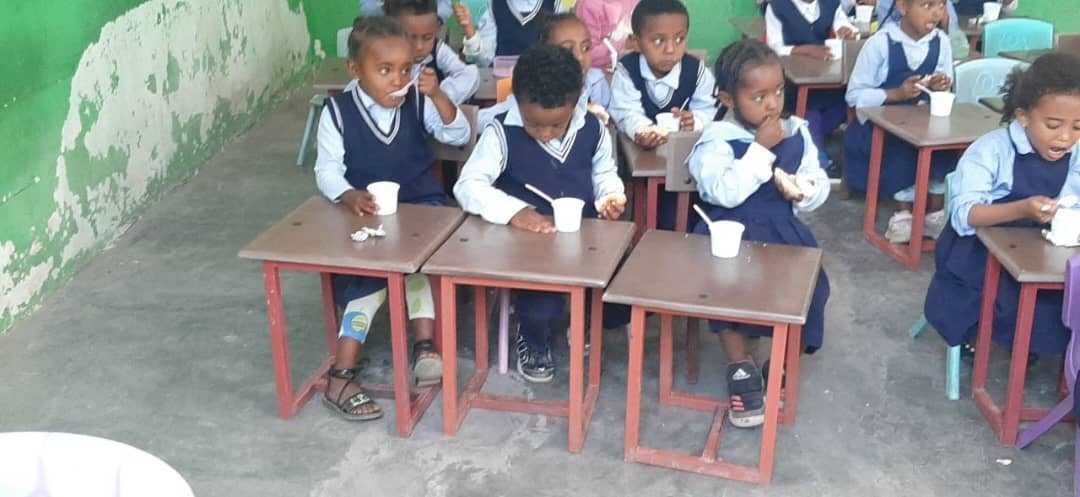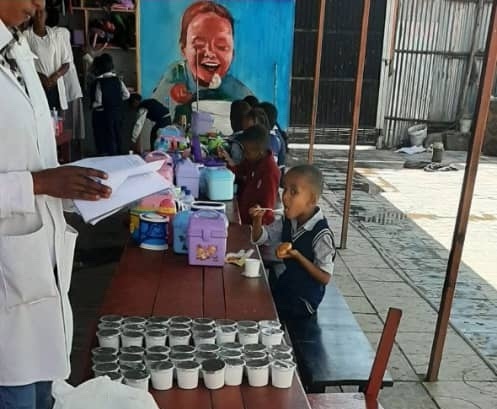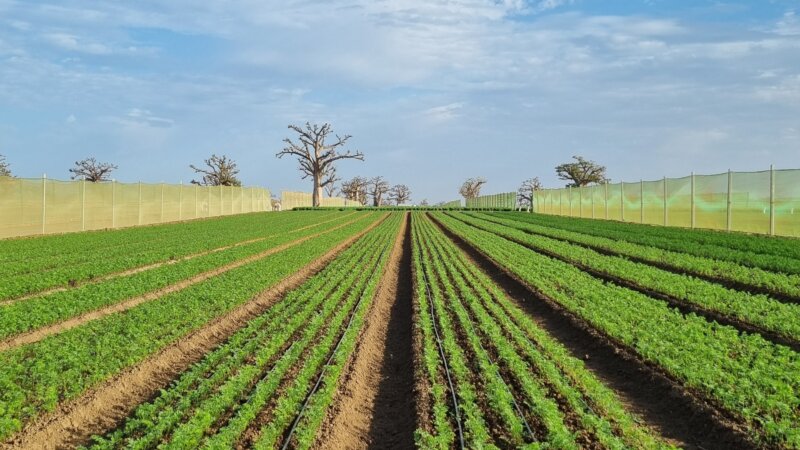Nurturing Minds and Shaping the Future: School Milk's Potential to Achieve School Feeding Program Goals

In Ethiopia, where over 26.8 million school-age children attend their pre-primary and primary education, education and nutrition are inextricably linked. The Home-grown School Feeding Program (HG-SFP) has emerged as a vital strategy to combat hunger, enhance school attendance, and improve academic performance. While the program has made significant strides in addressing these challenges, it faces its own set of operational hurdles. A potential solution lies in an often-overlooked source of nutrition: dairy products, particularly milk.
The Current State of School Feeding Programs
Ethiopia's HG-SFP is a beacon of hope for millions of students who rely on it for their daily meals. It has managed to alleviate hunger, boost school attendance, and enhance academic performance. However, it is not without its limitations.
Challenges Facing School Feeding Programs
- Operational Challenges: The program faces logistical issues such as a lack of permanent clean water provision, late delivery of rations, and inadequate infrastructure.
- Nutritional Limitations: Despite its benefits, the program provides suboptimal energy and nutrients to students due to a lack of diversified food options, particularly dairy products like milk.
- Economic Impact: The program places a financial burden on parents, and the quality of food provided can vary significantly.

The Dairy Solution: School Milk Programs
Introducing dairy products, especially milk, into the school menu or transitioning to a School Milk Program (SMP) could offer a win-win solution. Here's how:
- Nutritional Enhancement: Milk is a rich source of essential nutrients, making it an ideal addition to school meals. It can bridge the nutritional gap and contribute to better health and academic performance.
- Operational Efficiency: Milk requires minimal preparation, reducing the workload on school staff. This means more time for learning and less time spent on meal preparation.
- Economic Opportunities: SMPs can create a sustainable market for dairy farmers and processors, providing a boost to the dairy industry. It's a win for both students and the agricultural sector.
- Addressing Malnutrition: School milk can play a vital role in tackling malnutrition among school-age children, aligning with Ethiopia's food and nutrition strategy.
- Wider Impact: SMPs have the potential to transform early childhood development, improve education, and support the dairy sector. This aligns with the Sustainable Development Goals (SDGs), providing a multifaceted solution.
The Road to Success
Despite its potential, the adoption of SMPs in Ethiopia remains low. To harness the full potential, concerted efforts are needed. Advocacy, evidence-based decision-making, and pilot-scale implementations can pave the way for widespread adoption.

Policy Considerations
For a successful SMP implementation, several key policy considerations emerge:
- Policy Integration: Milk should be integrated into school management under local governments, ensuring a coordinated approach to nutrition and education.
- Cross-Sector Collaboration: Collaboration between various governmental, non-governmental, and corporate entities working on school feeding programs is crucial to achieve sustainable financing and maximize impact.
- Menu Diversification: School feeding programs should consider expanding their menus to include dairy products, enhancing the nutritional quality of meals.
- Local Engagement: Engaging local communities and parents in discussions about school milk programs is essential. Utilizing digital platforms can help reach and mobilize parents effectively.
- Comprehensive Approaches: Combining interventions related to product and operation safety and quality, school-based nutrition and health education, creating a healthy environment, and community engagement can yield the best results.
- Capacity Building: Schools should be equipped with the necessary knowledge and tools to execute SMPs effectively.
- Monitoring and Research: A robust monitoring and evaluation system is essential to track progress and inform policy decisions.
In Ethiopia, school milk programs have the potential to transform education, nutrition, and the dairy industry, all while nurturing the minds of the future generation. By addressing the operational challenges and focusing on dairy's nutritional benefits, we can nurture a healthier, more educated, and prosperous Ethiopia.
Authors

Demewez Haile

Alex Mounde
Communication officer NEADAP




